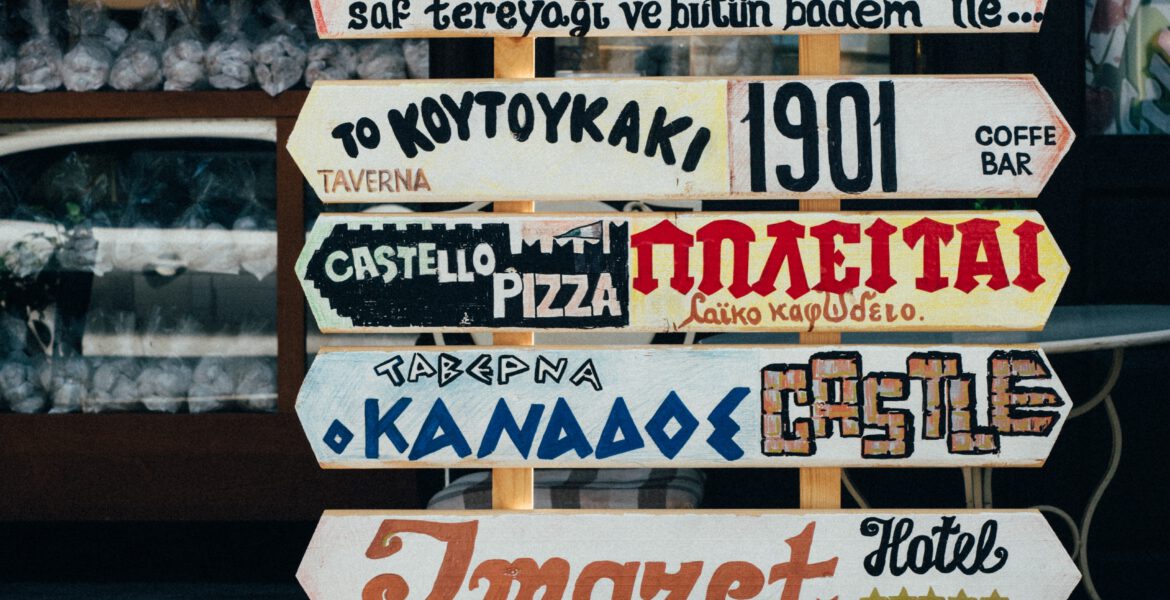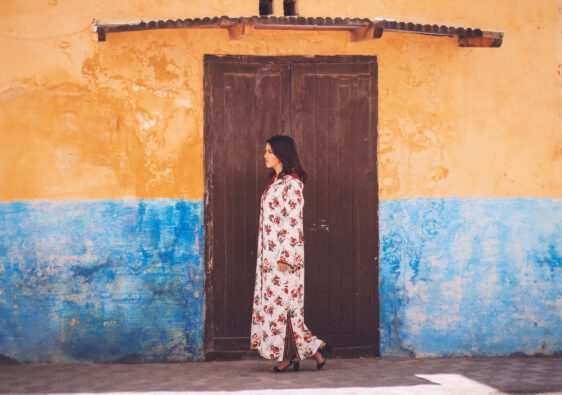Embracing Our “Mother Tongue”: The Profound Power of Language Preservation
As our world becomes increasingly interconnected, the importance of preserving cultural heritage and identity cannot be overstated. Language, the key to our cultural tapestry, holds a profound power in shaping who we are and connecting us to our roots. I passionately advocate for the use of the term “Mother Tongue” or “Mother Language” and urge others who are keen on preserving their heritage to do the same.
In this post, I will delve into the emotional significance, lifeline nature, and identity-shaping role of our “mother tongue,” and shed light on the urgent need to protect and celebrate linguistic diversity in our global society.
The Nurturing Connection: A Language Born from Love
Our attachment to our mothers is often described as an unconditional bond, rooted in love, care, and nurturing. In a similar vein, our heritage language, our “mother tongue,” represents a language that was lovingly transmitted to us by our mothers, carrying with it not only linguistic knowledge but also a deep sense of emotional connection. It is through our heritage language that we learn to express ourselves, understand our cultural roots, and forge bonds with our communities. Just as our mothers provide us with a foundation for life, our heritage language provides us with a foundation for understanding and engaging with our cultural heritage. By embracing the term “mother tongue,” we acknowledge and honor the nurturing connection between our heritage language and our sense of belonging.
Language as a Lifeline: Guiding Us through Cultural Heritage
Imagine language as a lifeline—a source of comfort, support, and guidance. Our heritage language serves as this lifeline, connecting us to our cultural heritage and providing us with a strong sense of identity. It is through our “mother tongue” that we communicate with our ancestors, carry forward their wisdom, and preserve the rich tapestry of our cultural narratives. Just as our mothers pass down traditions and values, our heritage language allows us to navigate the world with a profound understanding of our cultural identity. The loss of a language represents a loss of ancestral knowledge, a diminishing of cultural diversity, and a disconnection from our heritage. Therefore, preserving our “mother tongue” is not just a matter of linguistic importance but also a preservation of our cultural lifeline.
Shaping Identity: The Cultural Lens We Inherit
Our mothers play a pivotal role in shaping our identity, instilling values, and passing down traditions. Similarly, our heritage language plays an integral role in shaping our cultural identity. It provides us with a unique lens through which we see the world, influences our worldview, and shapes our perception of ourselves and others. Our “mother tongue” is not just a tool for communication; it is the very fabric of our cultural identity. By embracing the term “mother tongue,” we recognize the profound parallel between the attachment we have to our mothers and the attachment we have to our heritage language, affirming the importance of both in shaping who we are.
Preserving Our Cultural Heritage: A Collective Responsibility
Preserving our cultural heritage is a collective responsibility we must all embrace. Our linguistic diversity is an invaluable asset that needs protection and celebration. By recognizing the profound power of our “mother tongue,” we can take proactive steps to ensure its preservation for future generations. We must foster an environment where multilingualism is valued and supported, where communities are empowered to pass down their languages and traditions. Language preservation initiatives, educational programs, and community engagement are vital in this endeavor. By honoring our “mother tongue,” we can weave a vibrant tapestry of cultural heritage that transcends borders and enriches our global society.
In our interconnected world, where the forces of globalization sometimes threaten to homogenize cultures, let us cherish the beauty and diversity found within our languages. By embracing our “mother tongue,” we celebrate the nurturing connection, the lifeline nature, and the identity-shaping role it holds. Preserving our linguistic heritage is not just an act of preservation but an investment in our collective humanity. It is a testament to our shared history, a celebration of our unique identities, and a commitment to fostering a more inclusive and culturally rich world.
So, I invite you to join me in this journey of language preservation. Let us recognize the immense power of our “mother tongue” and embrace it as a symbol of our cultural heritage. Together, we can ensure that our languages continue to thrive, that our traditions endure, and that our identities remain strong in the face of an ever-changing world.
#MotherTongue #CulturalHeritage #PreservingIdentity #LanguageDiversity #LinguisticPreservation #HeritageLanguage #GlobalSociety






